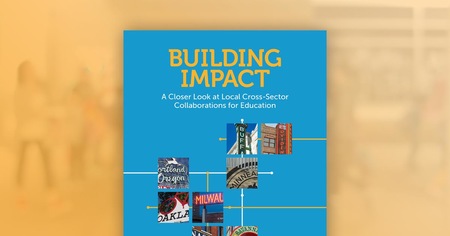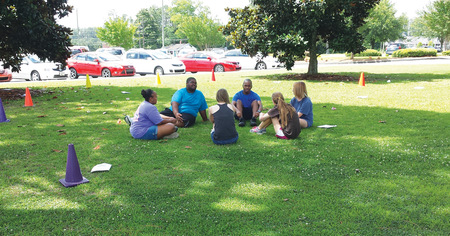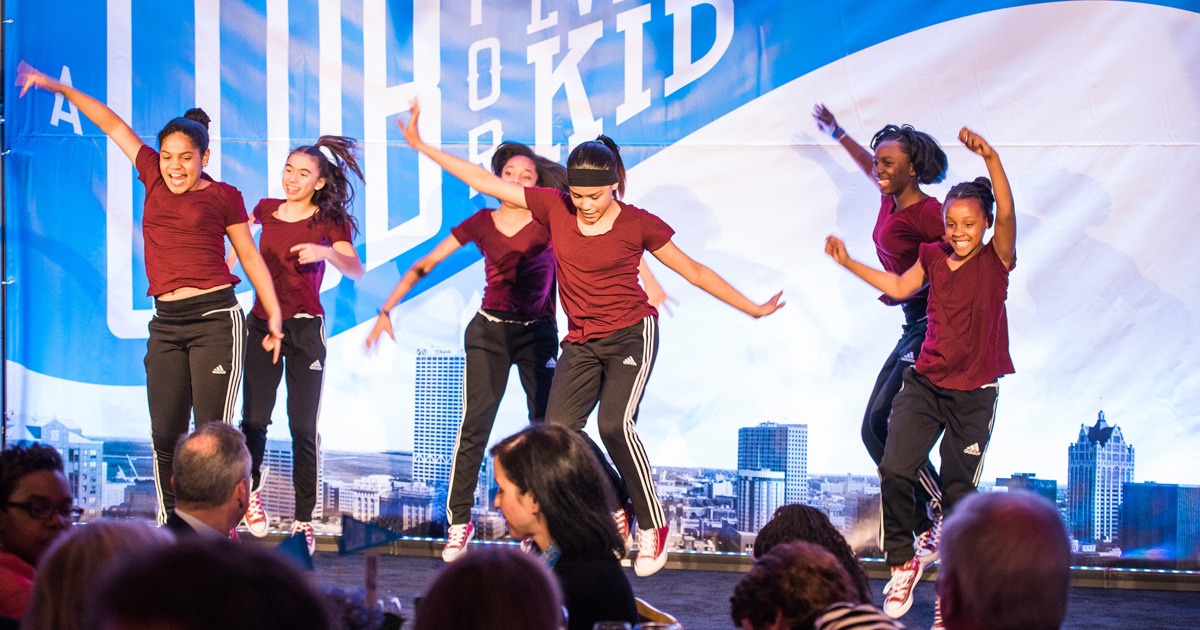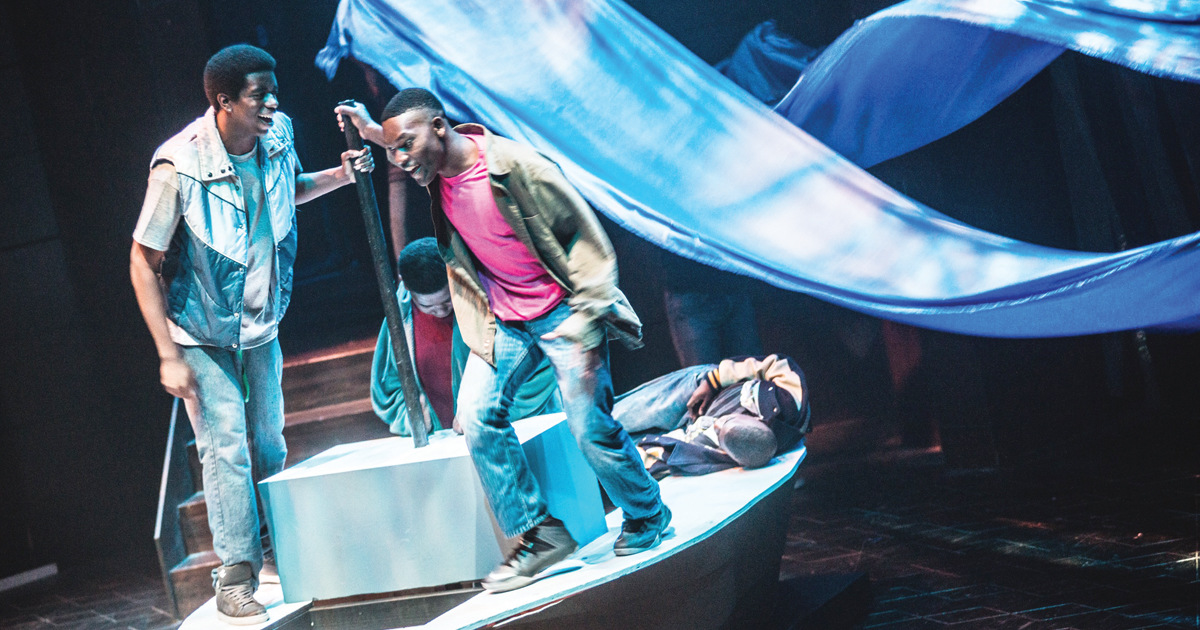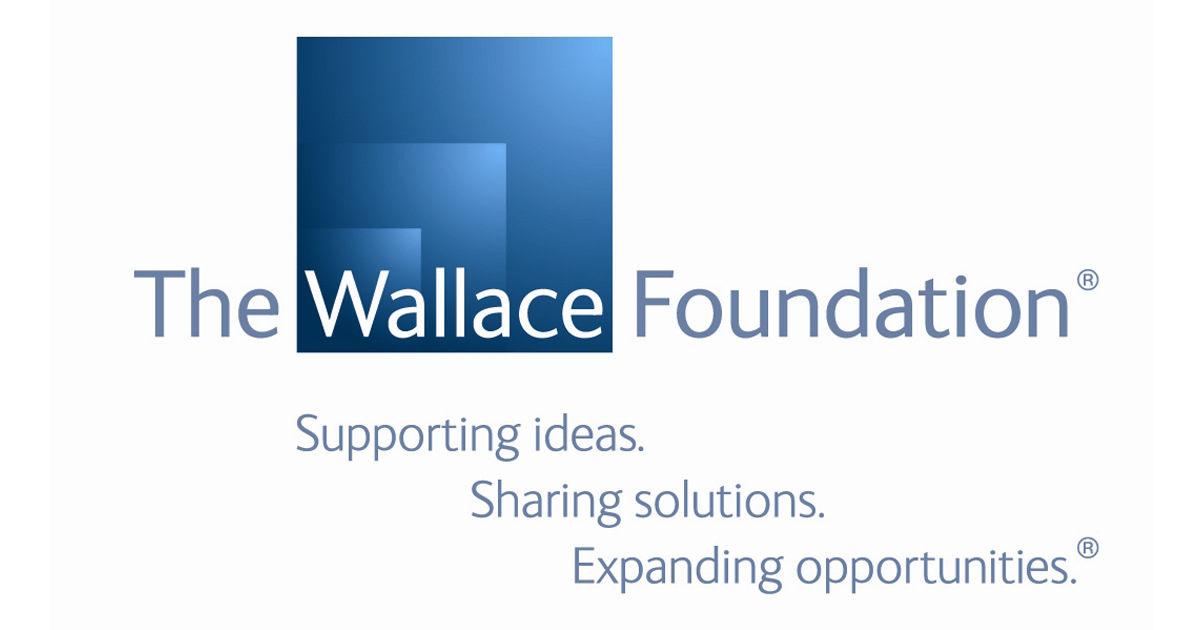News
Check out the latest news about NAA and special announcements pertinent to the field of afterschool.
Displaying items by tag: The Wallace Foundation
A Closer Look at Cross-Sector Collaborations for Education
According to the Science of Learning and Development (SoLD) Alliance, youth need a system of supports that enables healthy development, meets student needs and addresses learning barriers. Cross-sector collaborations are one way to provide these much-needed supports.
Adapting SEL Programs to Your OST Program
While the goals of social and emotional learning (SEL) and out-of-school time (OST) programming are well-aligned, relatively few OST programs focus primarily on developing SEL skills.
Strategies to Scale Up Social Programs: Components of Working Stronger Together
Commissioned by The Wallace Foundation, Strategies to Scale Up Social Programs arose from a desire to better understand how organizations have scaled up social programs through partnerships.
Your Guide to Summer Learning Recruitment
Research shows that students with high attendance in quality summer learning programs gain an advantage in math and reading—but getting kids to sign up for voluntary learning programs isn't easy.
Tools to Strengthen Your Nonprofit Financial Management Muscle
The name says it all: StrongNonprofits.org
Get Municipal Officials on Your Side to Sustain and Expand Afterschool Programs!
Raising the Barre for Arts Programs
Multidisciplinary afterschool programs can create and manage high-quality arts programs reflecting practices used by exemplary programs that specialize in the arts, according to a new study funded by The Wallace Foundation.
Resources for Strong and Successful Nonprofit Financial Management
"Organizations with strong financial management are better able to fulfill their missions and deliver high-quality services." —The Wallace Foundation
The Arts and Summer Learning: A Transformative Combination
The arts are powerful tools for learning in any setting, inside and outside the classroom. Yet when you bring the arts to kids outside of the demands of the school day, their imaginations light up. They use the arts as a creative gateway to success.
New Guide Offers Resources on Best SEL Practices
Emerging best practices in out-of-school-time (OST) are well aligned with the goals of social and emotional learning (SEL), but few SEL programs are designed for OST environments.
National AfterSchool Association • 2961A Hunter Mill Road, #626 • Oakton, VA 22124 • info@naaweb.org

